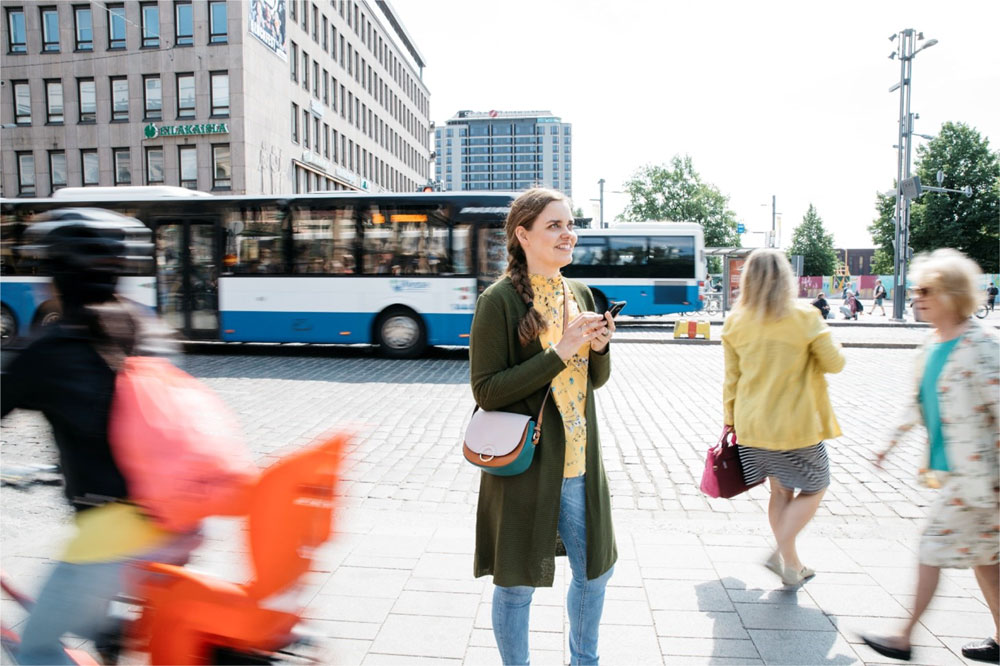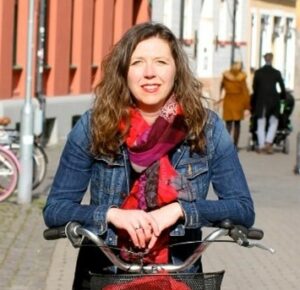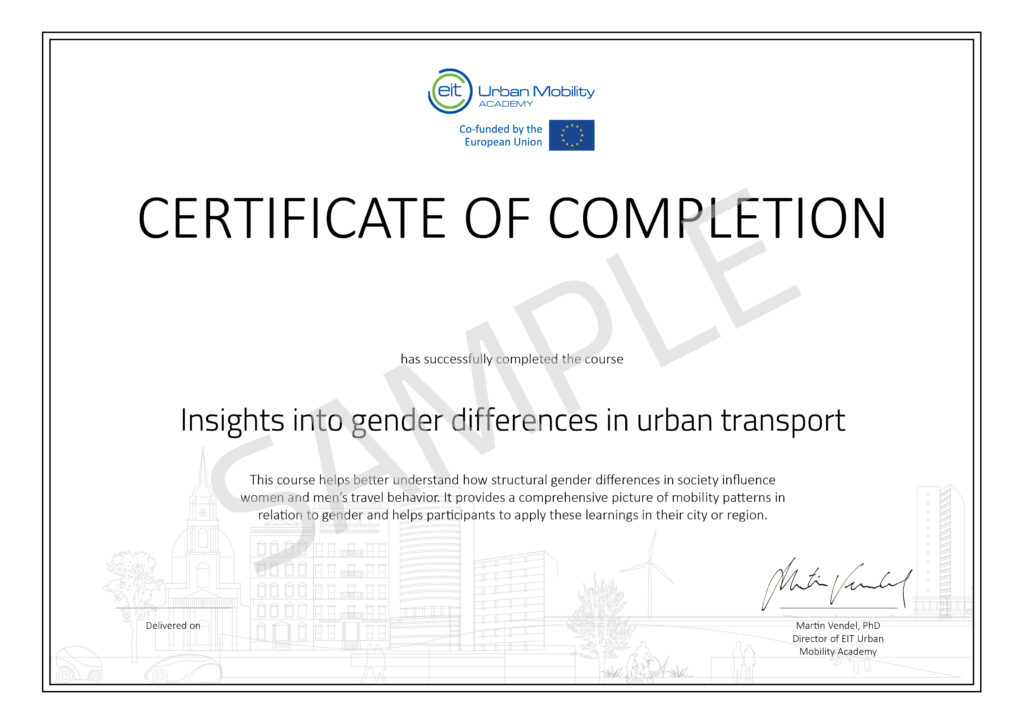Current Status
Not Enrolled
Price
Free
Get Started
Course Content
Log in and enroll to unlock all course materials.
Ratings and Reviews
4.6
Avg. Rating
20 Ratings
5
14
4
4
3
2
2
0
1
0
What's your experience? We'd love to know!
Login to Review
What's your experience? We'd love to know!
Login to Review






The insights provided are important and brought clearly, and supported by clear graphs. However I was hoping for more examples of bad practices and good practices (e.g. what design choices make a street less or more safe for women?), like other courses provide. There was a large focus on a single study and numbers, while I think there are many more angles to this important topic.